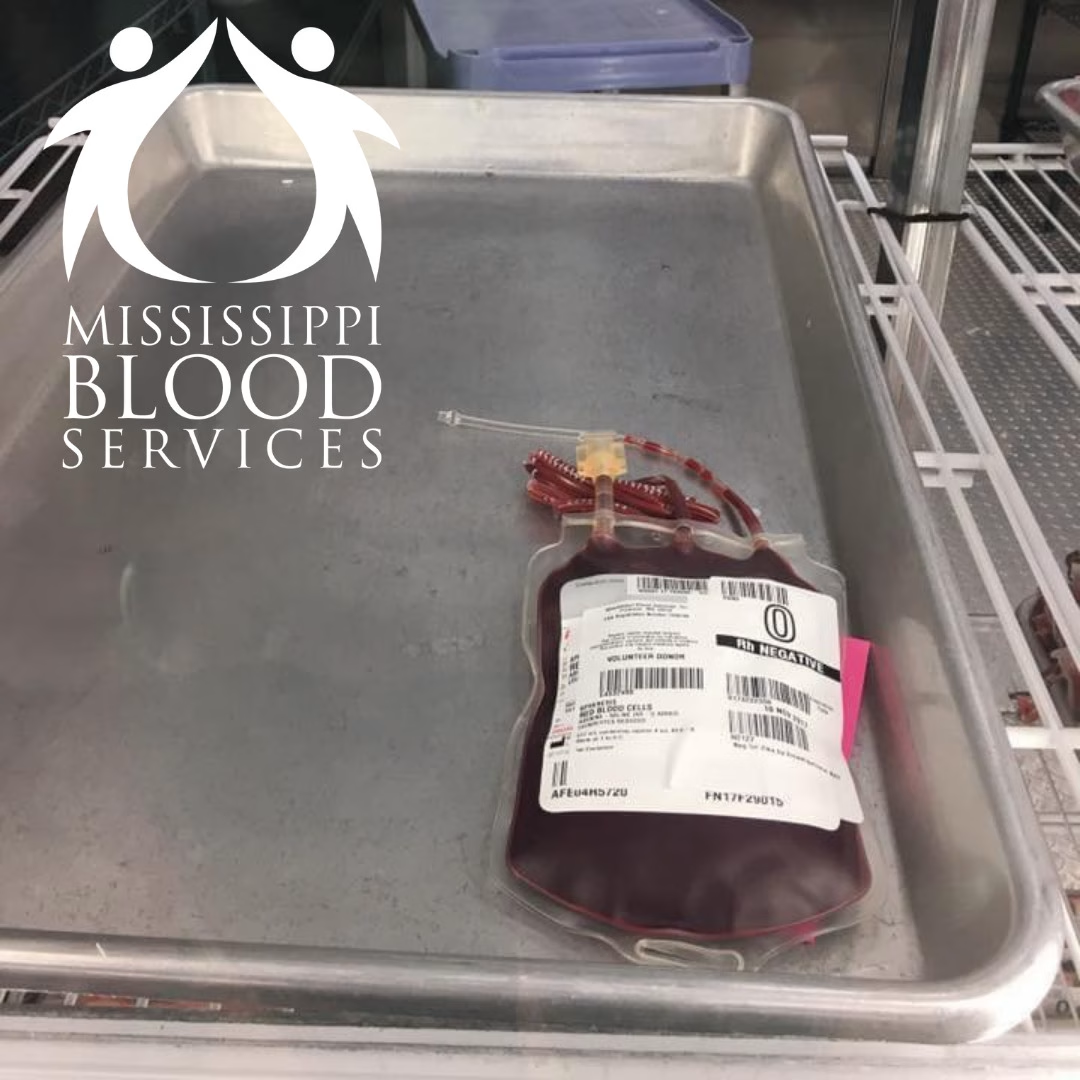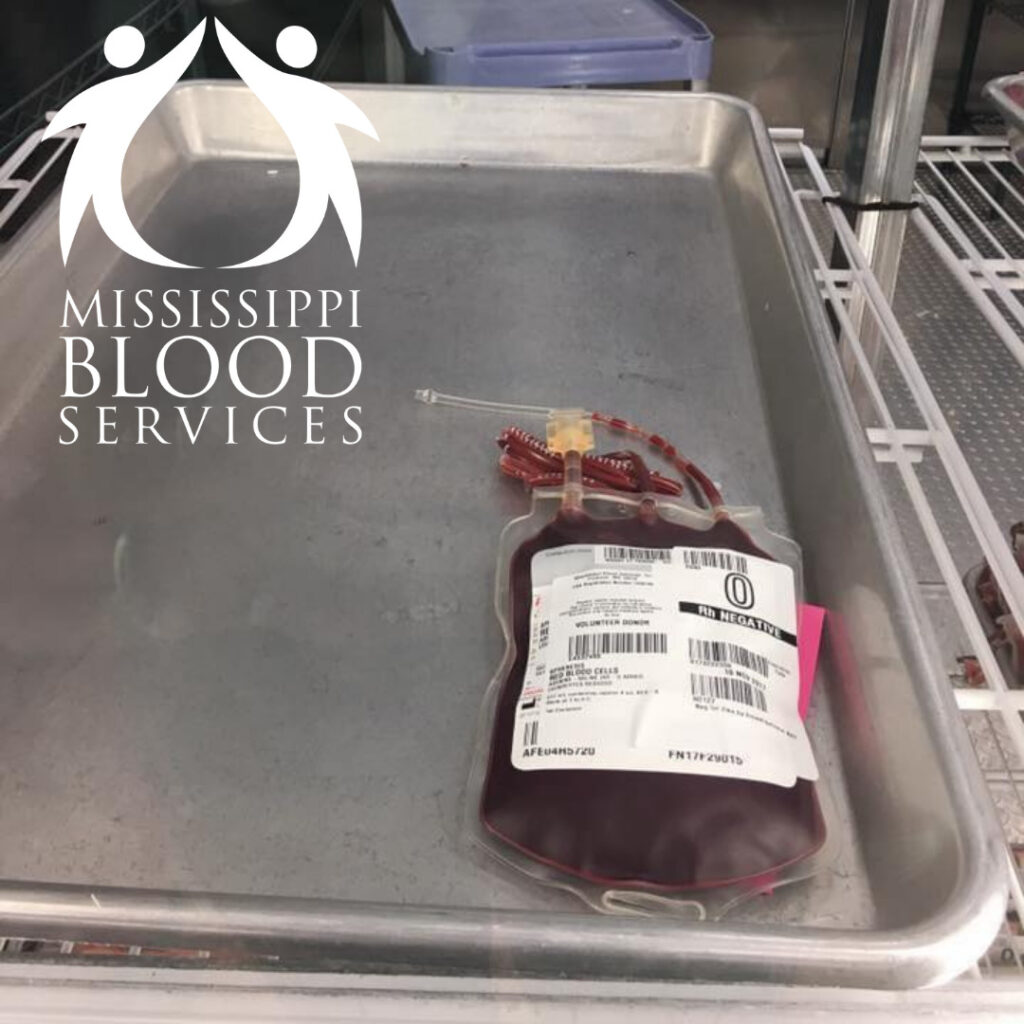Featured
Blood, Platelets Needed to Keep Hospitals Supplied to Save Lives
To help a growing shortage of blood supply in Mississippi and around the nation, the Mississippi Blood Services will be holding a community blood drive next week at Walgreens in Oxford.


To help a growing shortage of blood supply in Mississippi and around the nation, the Mississippi Blood Services will have a community blood drive next week at Walgreens in Oxford.
The drive will be 1-5 p.m. on July 29, and donors will receive a $15 gift card.
According to its website, there is a severe shortage of B positive, O positive and O negative blood types.
Type O positive is the most common type of blood while O negative is rare, with only 7 percent of the population having an O negative blood type. However, it is the universal blood type.
“It is used when blood types are unknown or unavailable,” said Susan Ates, Public Relations Specialist for MBS. “Type O positive can be used for anyone with type positive blood, and also used when a patient’s blood type is not available.”

Types A positive, B positive and AB positive can all use type O positive red cells; however, Type O blood can only receive Type O blood. Transfusing Type O blood with A, B or AB blood types can be fatal.
There is also a severe shortage of platelets, which are a compound of blood. Platelets have a shelf life of five days. They are in high demand.
“Someone bleeding out from trauma or surgery can receive every unit of O red cells a hospital has and still die from blood loss if the bleeding doesn’t stop,” Ates said. “Platelets are the blood component that stops bleeding.”
Because platelets are so fragile, chemotherapy destroys them; therefore, cancer patients will have extremely low platelet counts and cannot continue with their treatments unless those platelets can be replaced. Platelets are what helps the body heal.
“Between their fragile nature and the high demand, there is a constant need for platelets,” Ates said.
One donor can donate up to three units of platelets and never miss them. It takes between one to two hours, depending on the number of units and the donor, to donate platelets. Blood is drawn, separated, and red cells and plasma are returned to the donor. Only one needle is used, a smaller gauge needle. Because the donor’s fluids are returned, the donor usually feels better afterward.
According to Ates, MBS is seeing one-half the donors needed to fill hospital orders. Because every other blood center across the nation is in the same situation, importing blood products from other blood centers is also a challenge.
“What makes it so ironic is that unlike other shortages that can be contributed to Geo-political upheavals or natural disasters, the resource for blood is literally walking around all of us,” Ates said. “It’s flowing inside of us.”
While MBS often has mobile blood drives around the state, there is a permanent site in Oxford where people can go to donate from 9 a.m.-5 p.m., Monday through Friday. The Oxford Draw Station is at 2627 W. Oxford Loop, Suite C.
Donors must be at least 17 years old (16 years old with signed parental/guardian consent), weigh at least 110 pounds and be in good health.
“It’s strongly recommended that donors eat a good meal within four hours of donating and drink plenty of fluids before and after your donation,” Ates said.
There are restrictions as to who can and cannot donate. Among them are travel, lifestyle and health. Restrictions are all addressed in the pre-screening questionnaire, which can now be found online. Vaccination status for the COVID-19 virus does not affect the ability to donate blood.
For more information or to schedule an appointment to donate blood in Oxford, call 662-234-0363 or visit msblood.com.









































